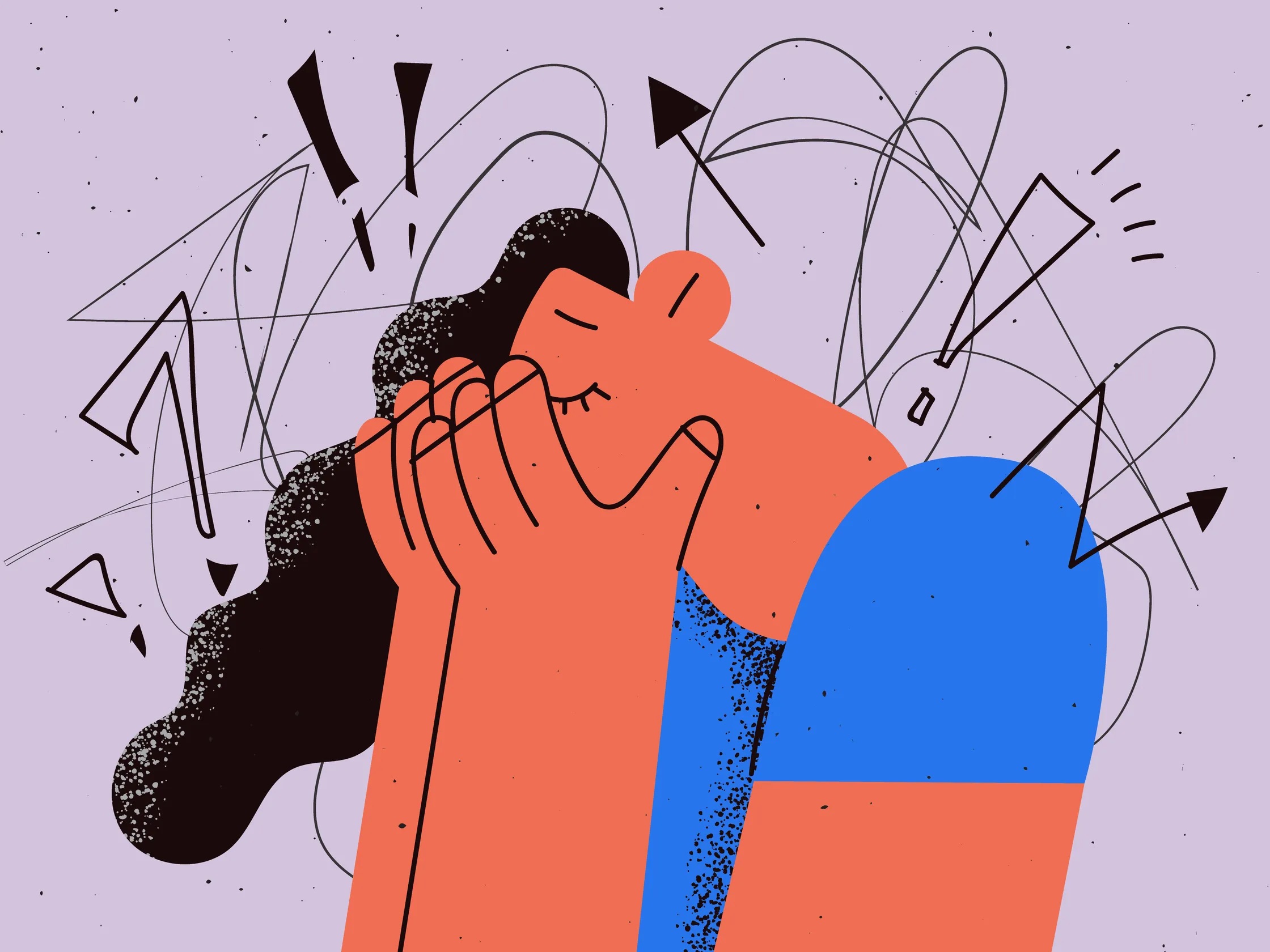
For almost six months after my daughter was born, I walked around like a zombie. Some people get newborns who sleep through the night early on; we weren’t so lucky. Getting out of bed every three hours to breastfeed left me running on fumes, yet I still had to wake up every day and keep a small human alive (parenthood is not for the weak!).
[...] First, know that it’s okay if you’re going through a phase in which you just can’t get the rest you need. “Sleep doesn’t have to be perfect all the time,” Michael A. Grandner, PhD, a licensed psychologist certified in behavioral sleep medicine and the director of the Sleep and Health Research Program at the University of Arizona, tells SELF. Long-term sleep deprivation isn’t great for your health, but in the short term, it’s not going to kill you, Dr. Grandner says. (Save for if you fall asleep at the wheel—if you’re so exhausted that you’re nodding off while operating a vehicle, please do not drive until you’re rested enough to stay awake and alert.) [...]
Learn—and leverage—your body’s natural energy fluctuations.
“Different people have different energy patterns, and there are ebbs and flows throughout the day,” Dr. Grandner says. For example, you may feel a burst first thing in the morning, and a substantial dip in the middle of the afternoon. Some people are morning people; others are night owls.
One way to make the most of these fluctuations: Try to tackle the most draining tasks when your energy’s on the upswing and save the easier stuff for when you usually tank. “Those natural hills and valleys come and go during the day, so if you know it’s a really bad time to do something, see if a better window is going to come up later on and take advantage of that when you can,” he suggests.
[...]
Move—in any way you can. Preferably outside.
Before you roll your eyes, Dr. Grandner isn’t suggesting you force your exhausted butt through a HIIT session, if that sounds miserable. When you’re so pooped you can barely function and someone touts the energy-boosting effects of a sweaty workout, it can make you (and me) murderous. Instead, he suggests moving your body in whatever way works for you, which could just mean pacing slowly around your house instead of sitting on the couch, or standing at your desk instead of sitting.
Not only does physical activity simply nudge you to stay awake—as Dr. Grandner puts it, “If you’re on your feet, it’s hard to fall asleep”—but it may make you feel more alive too. How? Movement gets your blood flowing, which sends oxygen and nutrients to your muscles and can give you the extra bit of steam you need.
[...]
Talk to another person.
Socializing may be one of the last things you want to do when you’re excessively sleepy, but connecting with other people can actually help perk you up, according to Dr. Grandner. If you’re an introvert, you’re probably reading this and immediately thinking about how draining social events can be. But Dr. Grandner’s not necessarily suggesting you go to a dinner party or hit up a music festival. Rather, he suggests just yapping with a friend on the phone, perhaps as you complete a task or two, or while you’re on your lunch break. (Anyone else have a habit of calling a loved one to chit-chat during a long car ride to stay alert?)
“Humans are social animals,” Dr. Grander says. “Talking to another person is stimulating.” In fact, research shows that healthy social interactions prompt your brain to release feel-good chemicals oxytocin, dopamine, serotonin, and endorphins. These neurotransmitters have a handful of benefits, including making you feel more connected to other people and stabilizing your mood—and, in the case of serotonin, even helping to regulate your sleep-wake cycle. If you’re more extroverted and socializing usually recharges your battery, inviting a friend over to bake or going on a midday walk with a coworker may give you more of a boost. Whatever level of interaction you can muster, it’s worth a try.
[...]

